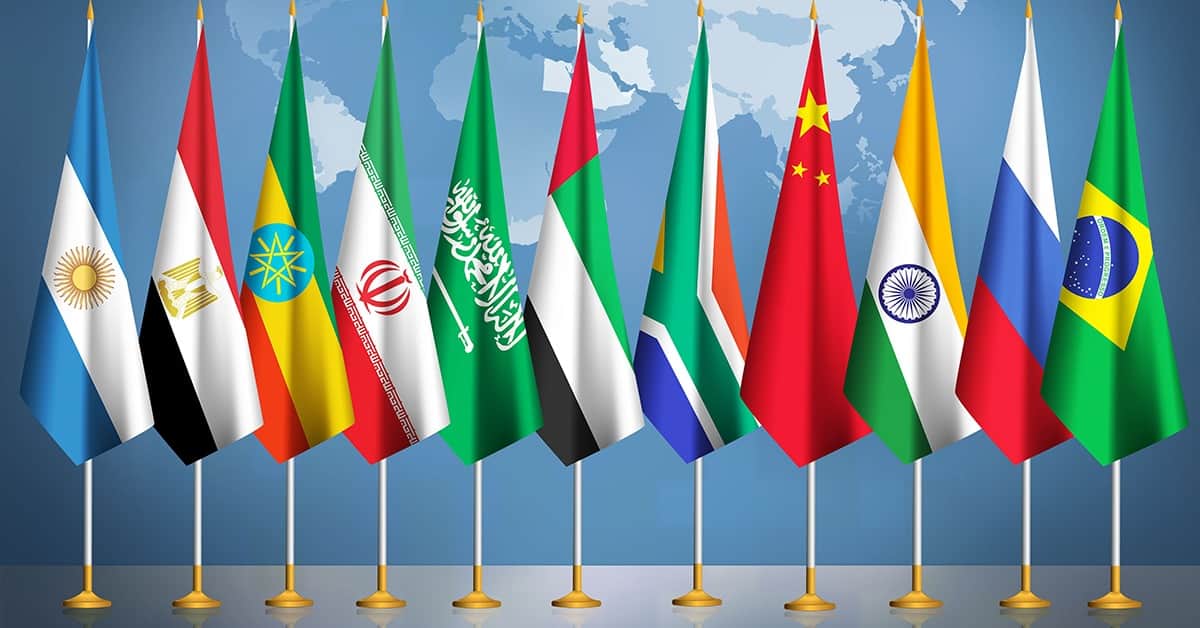A big dream for the BRICS bloc is creating a common currency to counter the US dollar.

The original five members of the BRICS formed the bloc in part to counterbalance the West’s hegemony over global financial architecture. Come January 2024, when six new likeminded members join, the drums of reshaping the financial order are bound to beat louder.
At the 15th BRICS Summit in South Africa, this was one of the key outcomes. Collectively, the 11-member bloc will command 36% of global gross domestic product and 47% of the world population. The group will, said President Cyril Ramaphosa, explore opportunities for improving the “stability, reliability and fairness” of the world’s financial sector. Immediate actions will focus on local currencies, payment instruments and platforms that are central to de-dollarization.
Julius Muia, public sector lead at tax and business advisory firm Andersen Global, reckons BRICS is advancing the argument that the current financial order established with the aim of repairing the global economy after World War II no longer serves the needs of modern realities.
“Countries like China are playing a much bigger role in the global economy, raising the question on why should the dollar continue dominating the financial system,” notes Muia, a former principal secretary at Kenya’s Ministry of Finance.
Changing a system that is decades old is an enormous task. The bloc, however, believes it is taking steps. A case in point is the BRICS New Development Bank. Established as a partial alternative to the World Bank, it has provided $32 billion in infrastructure financing to members. Members can also tap into the $100 billion Contingency Reserve Arrangement during turmoil.
A big dream for the bloc is a common currency. Though building consensus has been elusive, the deepening trade and investments is a major motivation. Data shows total inward foreign direct investment stock between BRICS countries increased from $27 billion in 2010 to $167 billion in 2020.
On the political front, the admission of Iran, coupled with the bloc’s veiled support of Russia’s war in Ukraine, projects outright opposition to the US playing the role of international policeman.



